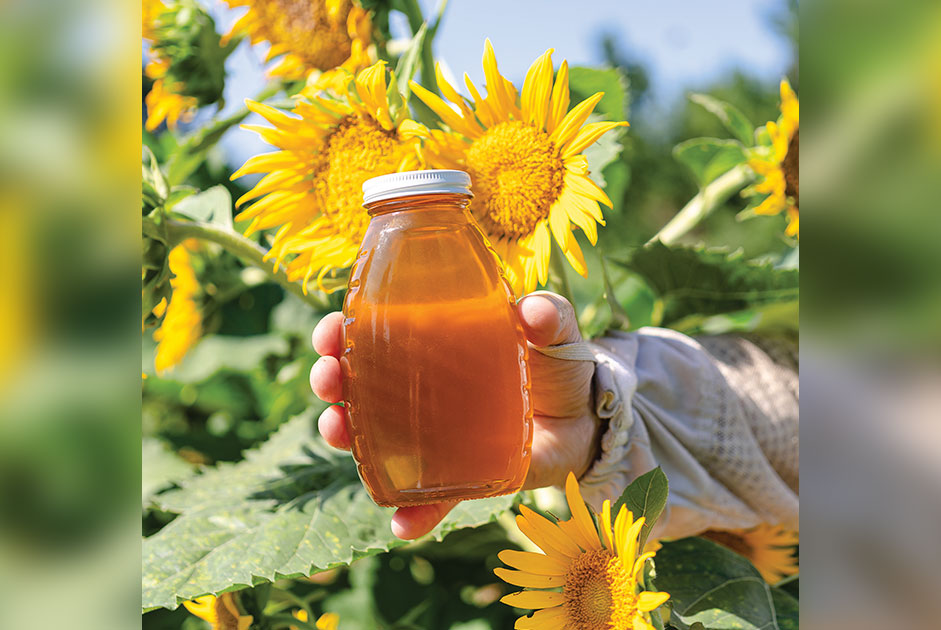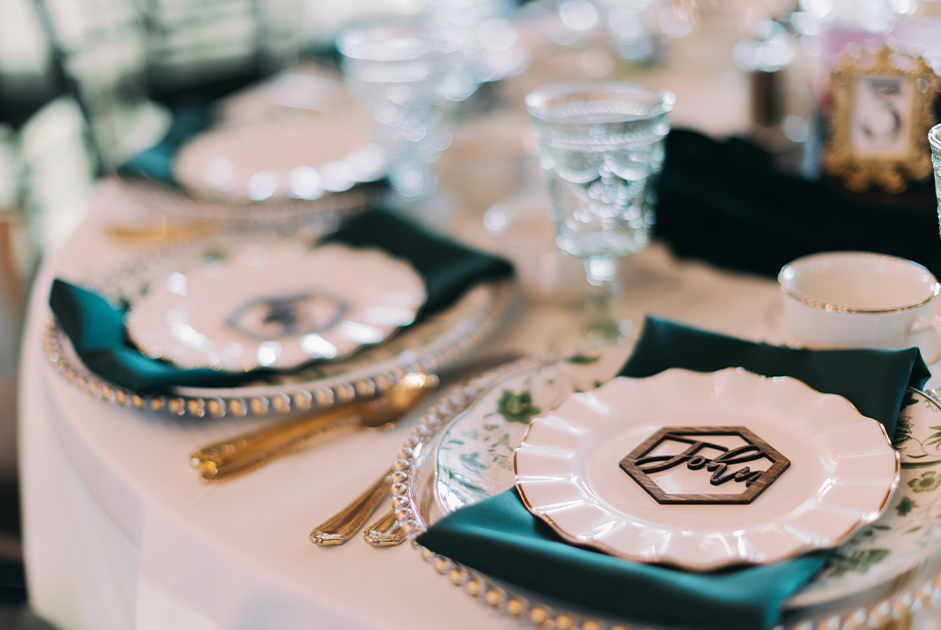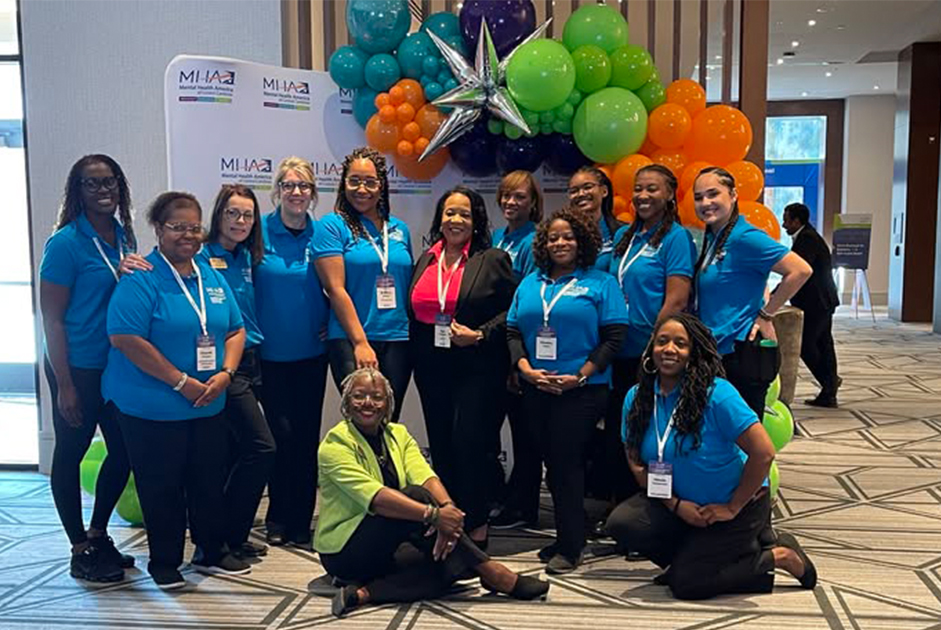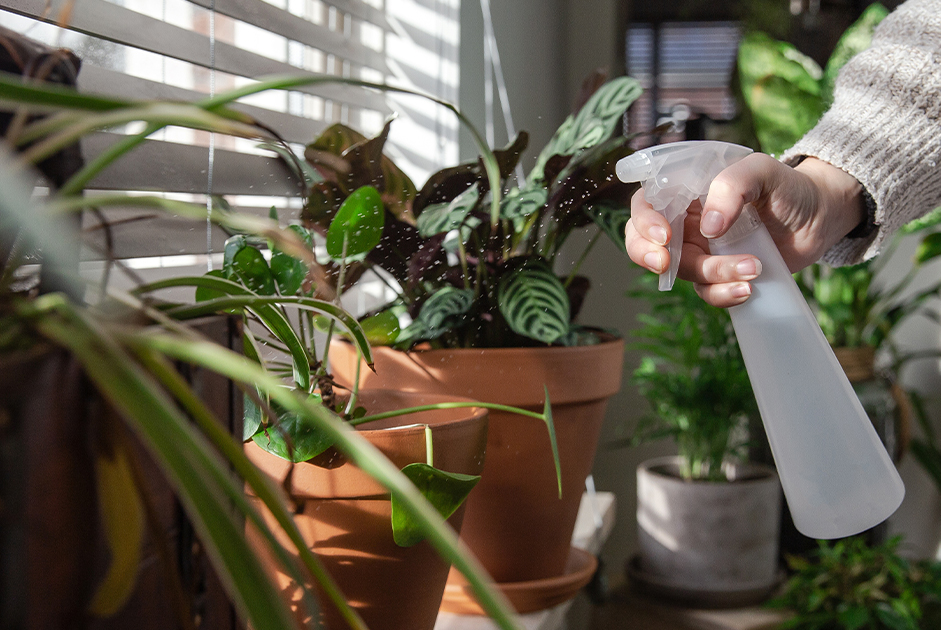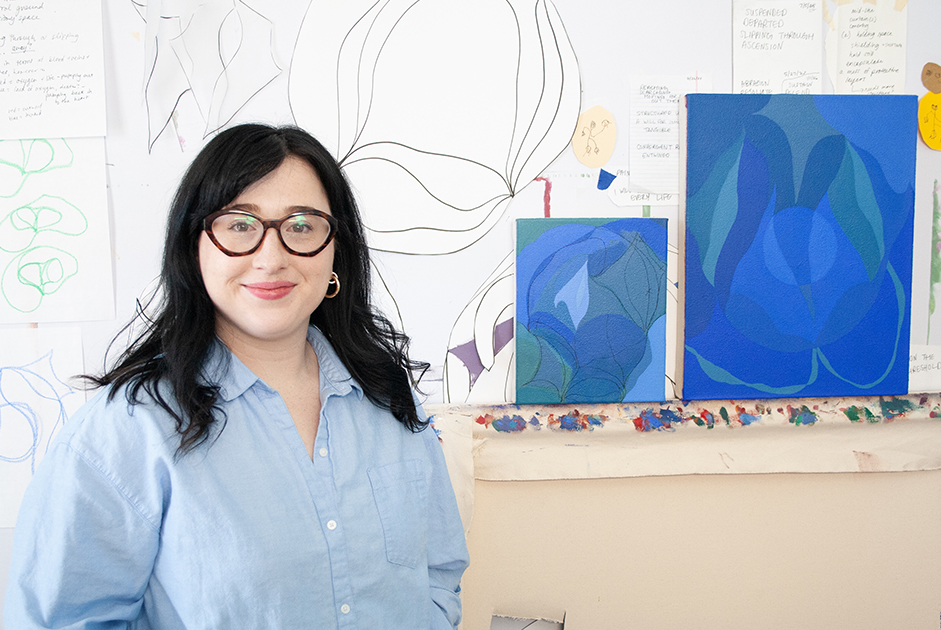PHOTS BY CARRIE ALLEN, LLC
That bee you saw buzzing around the lake may be one of the million that just moved here from Charlotte. George McAllister of Terrell is relocating his beekeeping operation to Lake Norman, and that’s good news for honey lovers — and anyone who buys local honey for the possible allergy boost from its pollen.

So how do you move 15 hives of bees from Charlotte to Lake Norman? Very carefully.
“You seal off the entrance at night, when they’re all in the hive,” McAllister said. “Seal them off at night, and move them at night, or very early in the morning when it’s cool. You don’t want to do it when it’s hot, or you’ll end up with a lot of angry bees.”
Each of those 15 hives will produce 75 to 125 pounds of honey per summer season depending on the number of bees in the hive and the weather. McAllister processes the honey himself making sure to leave the flower pollen in his honey. Some people believe that it may help alleviate allergy symptoms, McAllister said.

“A lot of people buy my honey not only because they like the taste, but because it contains local pollen. Honey from, say, Texas, doesn’t have the same pollen,” he said.
Can local honey really help allergies? Dr. David Tarpy, an NC State professor of Applied Ecology and specialist in honeybee biology and beekeeping for NC State said, “The official stance of the NC State Apiculture Program is if you think local honey helps your allergies, then keep using it.”
He went on to say there is little, if any, medical evidence behind the effectiveness of alleviating allergy symptoms by using honey, and in fact there are some biological reasons why it might not work, including the small quantities of pollen and the fact that most people’s allergies are related to wind-borne pollutants and not pollen.
“In the end no biopharmaceutical company is ever going to invest any R&D into testing it lest they lose market share to local honey producers,” said Dr. Tarpy. “I have heard many, many anecdotal reports of people swearing by it, so who am I to doubt them? But I have no good empirical data to support it.”

Whether it helps with allergies or not, there’s no doubting the appeal of local honey. McAllister has fielded interest from restaurants and even large grocery retailers in the area. He’s held out on the major groceries, saying the honey he produces each year would sell out in about a week. McAllister sells most of his honey locally and online. A few times a year, you might run into him at a farmer’s market.
McAllister’s family has a long history of beekeeping. His grandfather Frank Meacham was a professor at NC State who taught WWI vets about beekeeping as a possible vocation. He also kept 75 of his own hives, which is where McAllister learned the trade. McAllister started his own beekeeping operation in high school and made his way into the rolodexes of the local fire and police departments, and exterminators, as the best person to contact when a panicked homeowner called about a hive taking up residence. While his high school friends were flipping burgers at local restaurants earning minimum wage of $2.50 an hour in the ‘70s, McAllister was making about $400 a weekend removing hives for homeowners, which he’d then resell to beekeepers.

That business acumen worked well for him over his decades as a consultant. And when, in the late 2000s, he wanted a diversion from the grind of consulting work, he turned back to beekeeping.
So, when you see bees buzzing around the Lake, know that they might be collecting nectar for the McAllister hives. And that honey could very well end up in your kitchen. If you live at the lake, you can buy some of McAllister’s honey at Bees of Lake Norman.
